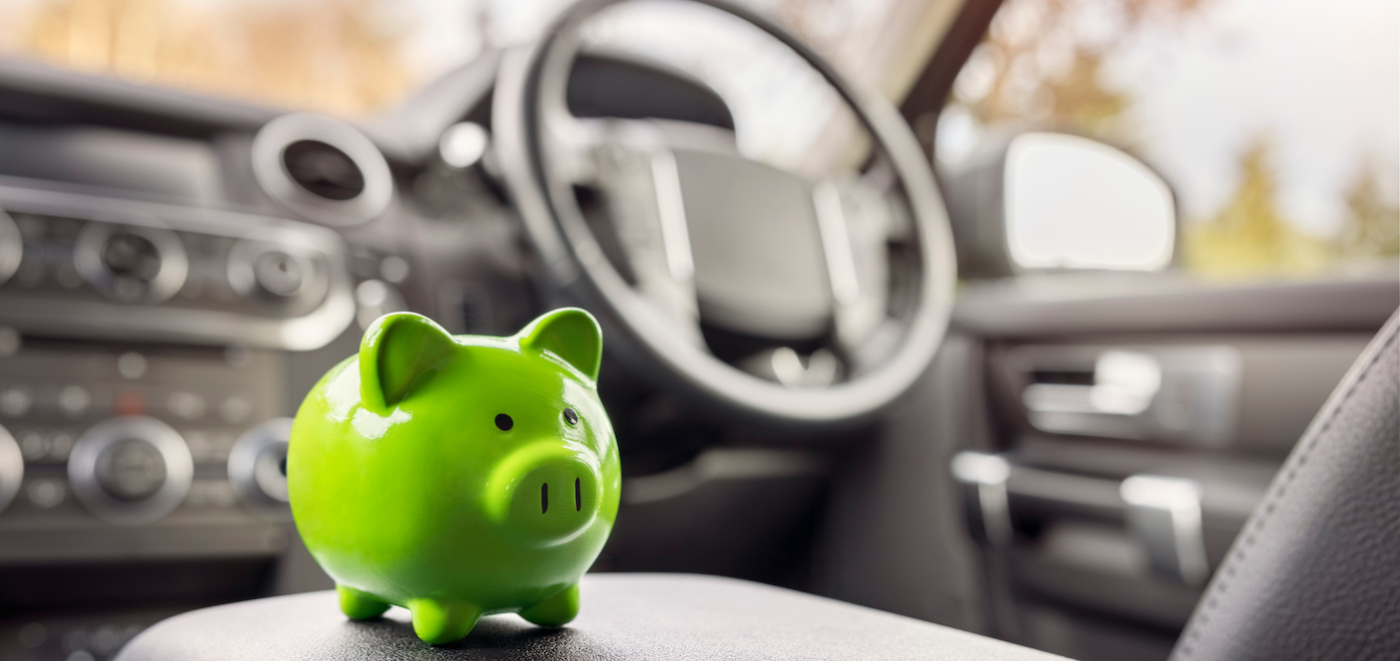Leasing a Car and Its Effect on Auto Insurance
.jpg)
As you may know, many different factors affect the price of your auto insurance coverage. These include your age and the number of years you have been driving, as well as the make and model of your car. However, what you may not be aware of is that leasing a car can also have an impact on the cost of your auto insurance.
When you lease a car, you are obviously required to get insurance on the car. Purchasing auto insurance is necessary anytime anyone drives a vehicle. Unfortunately, you may find that the insurance costs for a leased car will be substantially more than if you had purchased a car straight out. This is because you are not the only person who gets to choose how much insurance coverage you will have. The company providing the lease also has a substantial amount of say in the coverage your car has — and they may require more than you normally carry.
While you may have previously been accustomed to keeping minimal coverage on your vehicles, the leaser will probably not approve of this. Don’t be surprised if they require you to keep full coverage insurance on the car throughout the entire leasing contract. After all, if you are leasing a relatively new car, the leasing company will want to be fully covered in case an unfortunate accident should occur. Keeping full coverage insurance on your leased car for the entire length of the lease can mean higher premium costs than what you are used to. Unfortunately, there is really no way to avoid this as the leasing company may not allow the lease to be finalized until proof of full coverage insurance is provided.
The leasing company may also require you to have gap insurance coverage. When you drive a new car off the lot, it depreciates in value dramatically from what you are actually paying on the car. Therefore, if you’re in an accident, the insurance you have only pays out the actual cash value of the car — which will be less than the loan is for. Gap insurance covers the difference between the actual cash value and the amount you paid for the vehicle originally. This type of insurance applies only to a lease that is 84 months or less. If a lease exceeds this time frame, then you would opt out of this coverage and depend solely on your full coverage in an accident.
So, when purchasing a vehicle, it may be best for you to buy the car as opposed to leasing it. You may have to put out more money up front, but it will save you in car insurance premiums.
